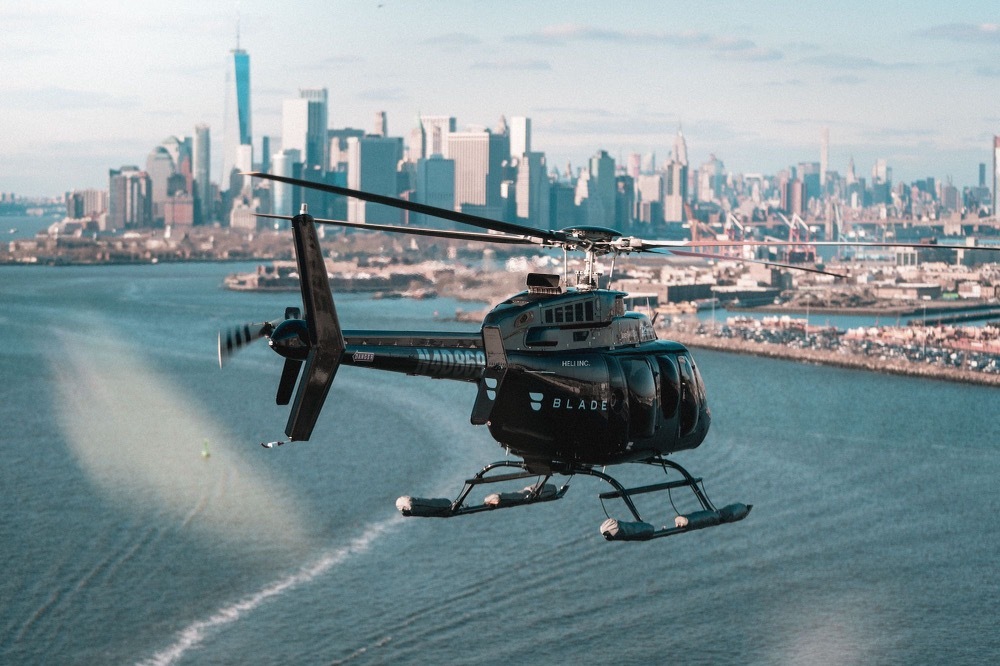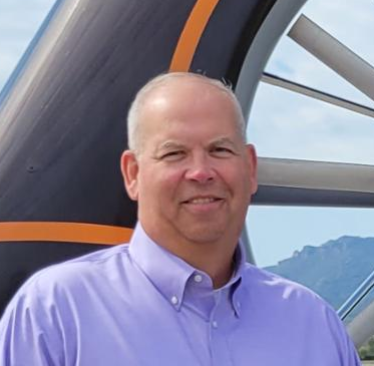
BLADE Operating Standards and Flight Safety FAQs
Your safety is our priority
The operators who own, manage, and maintain aircraft in our accessible fleet have been specifically chosen to work with BLADE based on consistently high safety standards, industry-leading equipment maintenance programs, and conservative operating protocols. They have been vetted by our safety team, which has over 140 years of combined aviation experience. Additionally, our dedicated Safety Team (see bios below) holds quarterly meetings. All BLADE operators meet FAA 14 CFR 135, standards, and each exceeds the standard on safety criteria as determined by our safety team.
Each operator must pass comprehensive safety evaluations including:
- Logging 5.5 to 6.6 times the minimum required operating hours, depending on the type of aircraft.
- In-person audits of flight departments including review and inspection of General Operations Manuals, Safety Management Systems, pilot training and maintenance practices, and compliance with FAA and DOT record keeping requirements.
- BLADE has implemented internal restrictions for weather cancellations that are often more stringent than the FAA's minimum requirements, further reducing the likelihood of incidents and unpleasant or turbulent flight experiences.
- Confirmation of adequate insurance coverage, as well as certificates of insurance naming BLADE as an additional insured on the operator's liability policy and indemnification agreements.
- Operators must also meet Blade's standards for flier experience and operational efficiency: BLADE branded aircraft with "as-new" condition interiors and exteriors and required use of Blade's operator dispatch and accounting dashboard technology.
Passenger Security—here's what you need to know
As part of Blade’s commitment to promote a culture of safety for employees and fliers, Blade conducts regular training of ground staff in connection with ground operations and procedures at heliports, airports, and FBOs (private airport terminals) to prevent incidents when loading and unloading aircraft.
BLADE is the only company to have an on-the-ground safety and Flier Experience team. Our team is present at every departure and arrival checkpoint for all scheduled flights and major charter destinations. While many companies focus on safety in the air, our staff is trained to board you and deplane to ensure the utmost comfort.
All passengers must supply a valid government ID for check-in at all BLADE departure points. BLADE digitally verifies the names of all passengers, records fliers' weights, and determines the dimensions and weights of baggage to ensure they comply with the operator's and FAA mandates. BLADE also assists operators in arranging passengers in specific seats within an aircraft, based on considerations for the center of gravity and the size or weight of the individuals flying. Pilots make the final determinations based on the aforementioned assessments.
BLADE trains all of its on-the-ground representatives in "fit-to-fly" passenger assessments. We reserve the right to prohibit passengers from flying who are unruly, intoxicated, disruptive, or otherwise unfit to fly in the sole determination of BLADE and/or its operators. Our in-lounge Flier Experience Team ("FX Team") is trained to make recommendations to our operators. Cigarette smoking, electronic cigarette smoking, and vaping are prohibited in the BLADE Lounges and on aircraft.
Frequently Asked Questions

Keith Trepanier, BLADE's Chief of Safety
Meet our Safety Team
| Keith Trepanier | Chief of Safety |
|
| Edward Schulze | Head of Rotorcraft Safety |
|
| Joseph Tepedino | Fixed Wing Safety Inspector |
|
| Brian Holliday | Fixed Wing Safety Inspector |
|